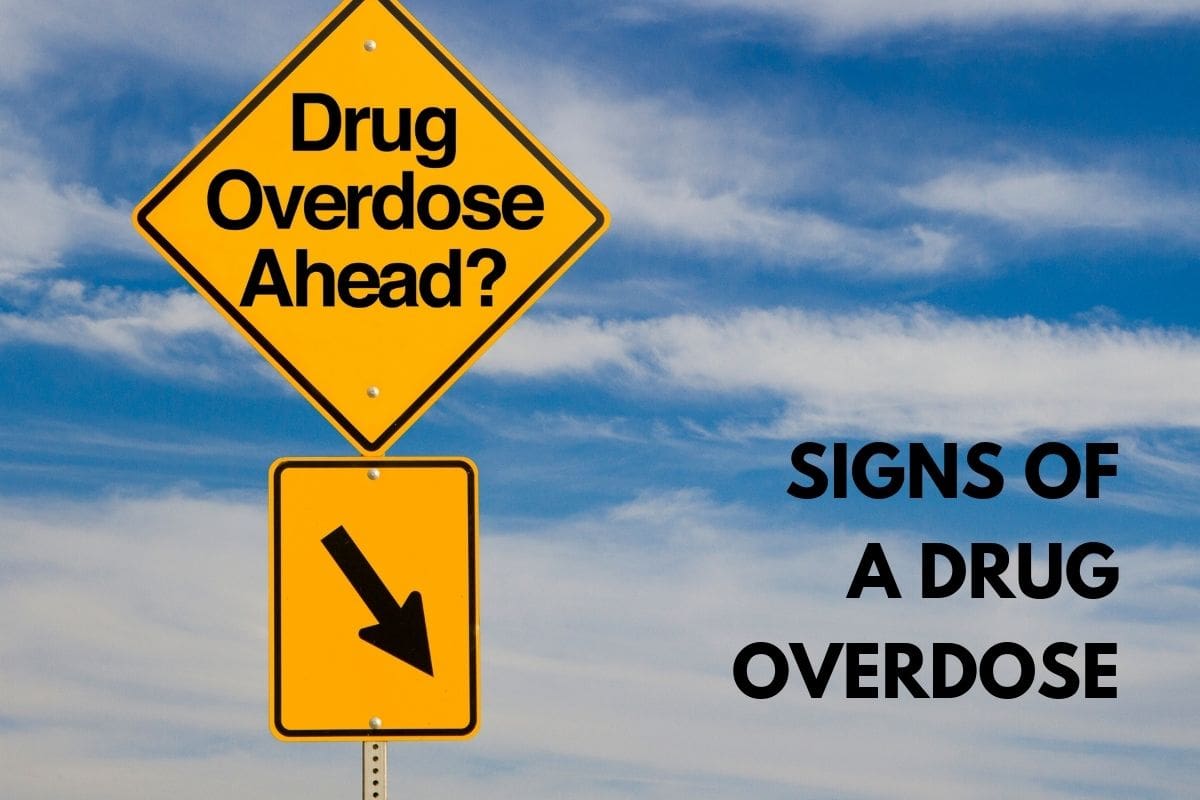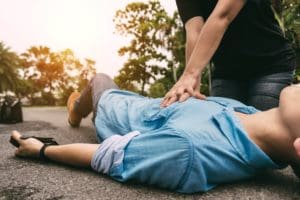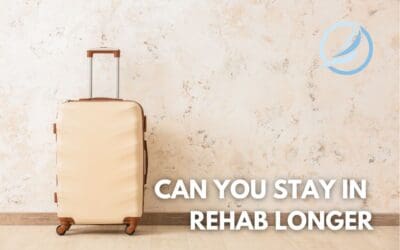The Cause: Accidental vs. Intentional Overdose
A drug overdose can occur accidentally or intentionally.
Accidental Overdose
An accidental overdose happens when an individual takes more of the substance than their body can handle and it is one of the leading cause of accidental death for individuals over age 50. The likelihood of an accidental overdose occuring is significantly elevated with addiction. A frequent drug user will eventually build a tolerance to their drug if choice which means that it takes more of the drug to elicit the same feelings or “high”. The danger therin lies in the fact that even if it doesn’t feel like the drugs are working (a lack of a reaction in the brain), the drugs still have the same physiological effects on the body. Tolerance can happen slowly, making it difficult for drug users to detect that they’re using larger amounts. Addiction also compounds the dangers by inciting users to engage in drug use both in larger doses and at greater frequencies.
Intentional Overdose
Intentional overdoses are a form of self-harm. Although these make up only a minority of drug-related deaths, the numbers are still signficant. It’s also a disturbingly common act among adolescents around the world. In most of these situations, the person is increasing their use of substances to commit suicide. These attempts can include taking larger than recommended dosages of a medication or substance, or combining multiple substances.
Signs of a Drug Overdose
There are several psychological and physical signs that someone is experiencing an overdose. Though many of these signs vary based on the type of drug used, knowing how to identify any of these symptoms can save a life.
Signs of an overdose:
- Dilated pupils
- Chest pain
- Difficulty breathing, cessation of breath, or shallow breathing
- Unsteady walking
- Gurgling noises indicating a person’s airway is blocked
- Blue fingers or lips
- Agitation
- Unconsciousness
- Unresponsiveness
- Seizures
- Paranoia
- Confusion or disorientation
- Aggressive or violent behavior
- Abnormally high temperature
- Death
While overdoses are fatal in many situations, they don’t always lead to death. It is possible to recover from an overdose, though there are typically lasting repercussions from this.
Risk Factors
Substance abuse puts an individual at risk of overdosing. Certain other conditions can also increase this risk.
Common risk factors:
- Low physical tolerance
- Previous suicide attempts
- Intravenous drug use
- Leaving substance abuse treatment early
- Abusing multiple substances
- Prior overdoses
What to Do If Someone Has Overdosed 
If you think someone is overdosing from stimulants or alcohol poisoning, call 911 immediately. Emergency intervention from paramedics is essential in this scenario and a quick response can reduce the likelihood of drug overdose complications, as well as reduce how long it takes to recover from an overdose.
- Check responsiveness. If the person is unconscious and is not breathing or experiencing shortness of breath, rub your knuckles very strongly over their chest bone. If the individual remains unresponsive, call 911 immediately.
- Perform rescue breathing. Many deaths are caused by respiratory failure. Rescue breathing is essential after overdosing on opiates. To perform rescue breathing, tilt the person’s head, lift their chin, and pinch their nose. Then, seal their lips with yours, giving two breaths into the individual’s mouth. Follow this up with one long breath, repeating this every five seconds.
- Administer Naloxone. This life-saving drug designed is designed to reverse opioids’ depressive effects on the central nervous system. Unfortunately, it does not aid in cases of overdose caused by other substances. Naloxone kits come in injectable and intranasal forms. For injectable Naloxone: Remove the orange top from the vial and draw 1CC of the Naloxone into the syringe. Inject this into any of these major muscles: the shoulders, thighs, or buttocks. For intranasal Naloxone: Take off the yellow caps of the needleless syringe. Remove the red cap from the cartridge. Put the Naloxone cartridge inside the syringe. Hold the individual’s head backward, spraying 1CC (half of the Naloxone) into each nostril.
The instructions are just a general overview and do not replace proper instruction or training. If you are interested in learning how to perform CPR, please sign up for a course on the Redcross website. If you want to learn how to administer Naloxone (Narcan), please sign look for training in your area. Your local county healt department often provides Narcan training and even supplies free kits to those that attend.
Will I Get In Trouble If I Call For Help?
Statistics indicate that most people that have overdosed aren’t alone at that moment. For example, while 80% of heroin users are found alone after overdosing, more than 80% were injected by a partner. If this is the case, that partner would have been instrumental in saving the other person’s life. Intervention during this time is critical.
Many people are too afraid to intervene when they witness someone overdosing, but taking action at this moment is crucial. At least 20 states support Good Samaritan laws that offer immunity during a medical emergency involving individuals that have drug paraphernalia or minor drug violations.
With no threat of legal retaliation, more people should feel encouraged to contact the authorities immediately if they witness someone overdosing. Making the choice to intervene in these situations can and will save lives.


































